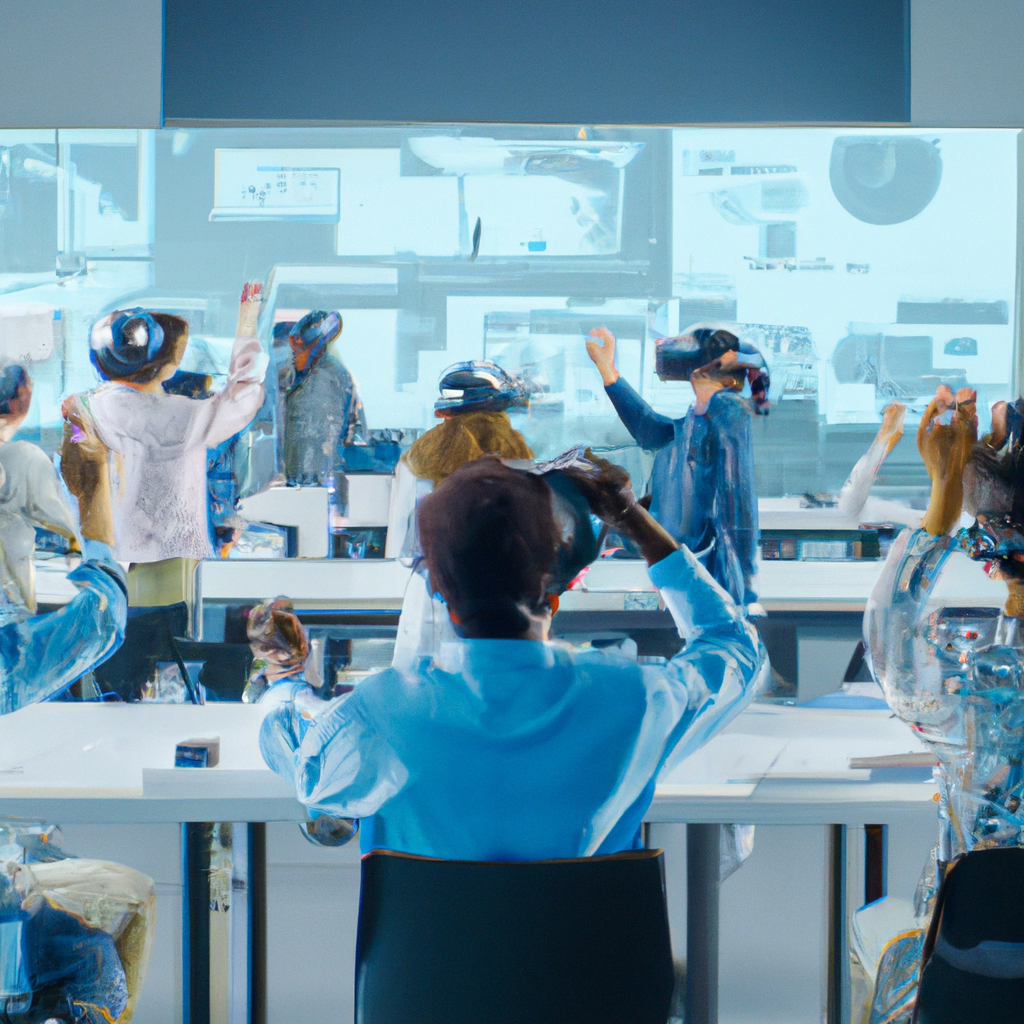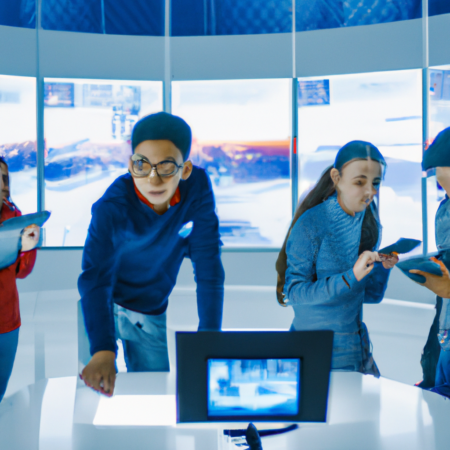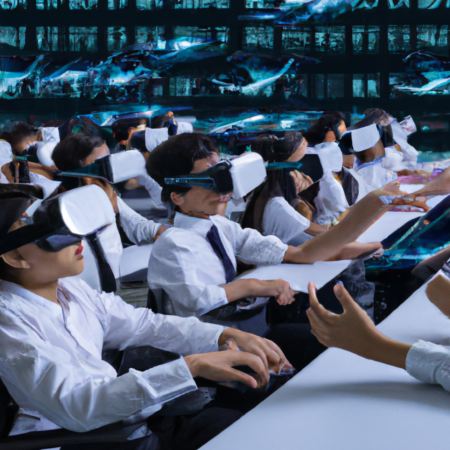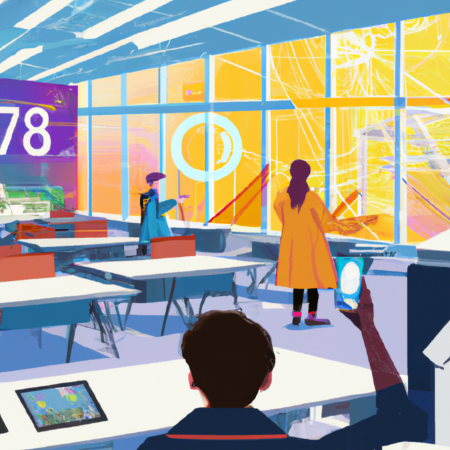Revolutionizing Learning: The Future of Educational Technology in 2025
As we move deeper into the digital age, the landscape of education continues to evolve at an unprecedented pace. By 2025, educational technology has not only transformed the traditional learning environments but has also introduced novel methodologies that are fundamentally reshaping how students engage with knowledge.
Emerging Trends in Educational Technology
The integration of AI and machine learning in educational systems has personalized learning experiences to a degree previously unimaginable. Adaptive learning technologies are now capable of analyzing student performance and tailoring educational content to suit individual learning paces and styles.
Virtual Reality (VR) and Augmented Reality (AR) have become standard tools in many educational institutions, providing immersive learning experiences that enhance understanding and retention of complex subjects. These technologies allow students to explore historical events, scientific theories, and mathematical concepts through a more interactive and engaging medium.
The Role of Big Data in Education
Big data analytics play a crucial role in the educational sector by enabling more informed decisions regarding curriculum designs and teaching methodologies. Educators are now equipped with data-driven insights that help improve student outcomes and optimize learning processes.
Challenges and Opportunities
While the advancements in educational technology offer numerous opportunities, they also present challenges such as digital divide and data privacy concerns. Ensuring equitable access to these new tools and safeguarding student information are paramount as we forge ahead into the future of education.
In conclusion, the future of education in 2025 is marked by a blend of technological innovation and ethical challenges. Navigating this landscape requires a balanced approach that fosters learning while addressing the socio-technical issues that arise.






